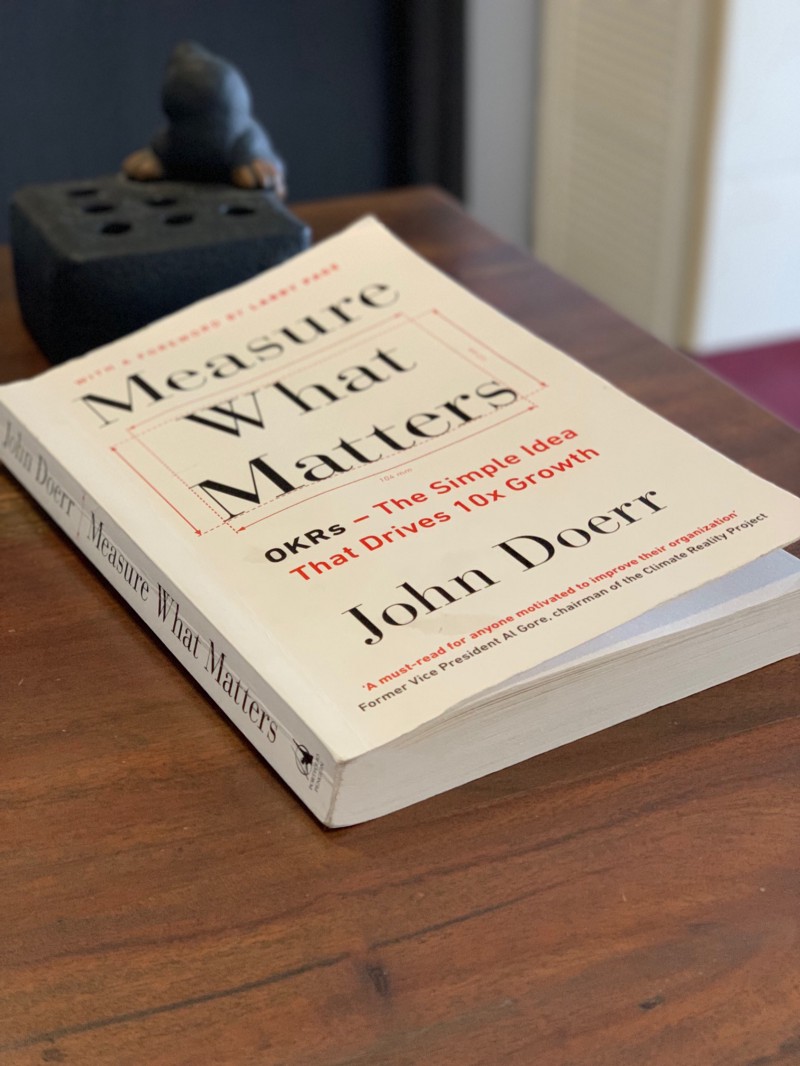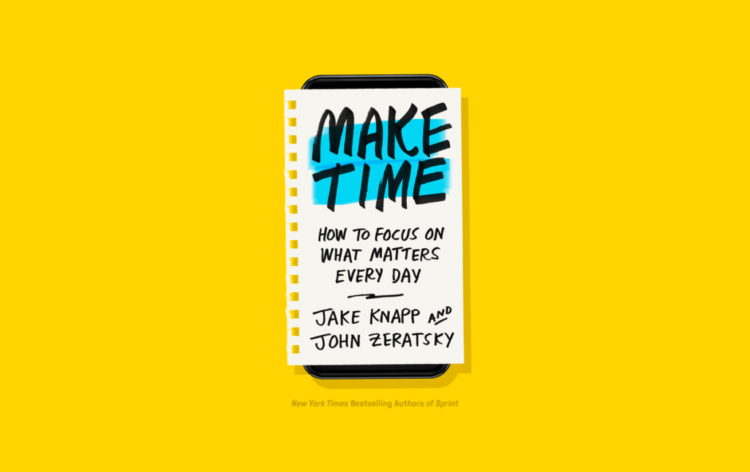This year one of my aims was to go pick up reading — one of my passions, but something I was increasingly not being able to give time to. I set myself a target of a book a week, and at my 60th book and with one month to go, I am amazed at having outdone my target — tells you about setting some lofty goals ;). Along the way, I have learned immensely and have had various people ask me to share my learning.
So, starting this week, time permitting, I will share my notes and reviews on some of the books I have been reading in the hope that people in my connection find it useful. I start with the book I just finished reading last week and should have picked up years ago — Measure what Matters by John Doerr. And honestly couldn’t have thought of a better book to start off with
Rating: Buy it and Keep it
(From: Buy It and Keep it, Read It, One Time Skim, Avoid)
As an early investor in Amazon, Google, Twitter, Compaq, Sun Microsystems and many other tech companies and the chair at Kleiner Perkins (one of Silicon Valley’s hallowed names), you could say John Doerr knows a thing or two about investing in startups. And when he shares an idea that he promises can deliver 10x growth, you better listen. Measure What Matters is his take on OKRs (Objectives and Key Results) and provides a handy framework for startups to structure themselves so as to achieve their goals.
To get a deeper understanding of OKRs work and how they have benefited multiple organizations and can benefit yours, you need to pick up the book. My key takeaways from the book were:
- Defining your Objective (as a company or as an individual) — and ideally write it down — prevents you from fuzzy logic. And fuzzy execution. It allows you to decide what your priorities are — and just as importantly what they are not. For startups this is essential — more than anyone else, they are hamstrung by limited resources (people, time, money) which need to be used wisely. By definition, objectives are inspirational and can be long-term. As goals, they create alignment, clarity, and job satisfaction which is necessary to create a high-performance workplace
- On the other hand, Key Results are milestones that define your progress on the Objectives. They are specific and time-bound, aggressive yet realistic. Most of all, they are measurable and verifiable. Ideally, closing out all the KRs in an objective should result in the completion of the objective, i.e., they are also mutually exhaustive
- Measuring what matters begins with the question: What is the most important for the next three (or six, or twelve) months? An effective goal setting system starts with disciplined thinking at the top, with leaders who invest the time and energy to choose what counts. Less is more: Too many objectives can blur our focus on what counts, or distract us into chasing the next shiny thing. Each time you make a commitment, you forfeit your chance to commit to something else. Above all, top-line objectives must be significant. They’re a set of stringent curated goals that merit special attention and will move people forward in the here and now
- What OKRs also do is move the focus from input to output, which is key to productivity. This is clear when you see a lot of companies falling into the activity trap — where doing more is seen as being more effective when in reality it could actually be counter-productive
- OKRs also allow us to square our decisions with our values and visions at a high level. When companies face face-offs between various priorities, OKRs can serve as a North Star
- One of the biggest takeaways was also that no matter what you use to drive productive or objectives, you can increase the value of it many-fold if you put in some time to reflect of previous performance and use learnings for the next cycle. Sounds obvious, but all too often this is the one parts that companies and we as individuals miss out on. One of the biggest learnings from looking at and reading about leaders from across the spectrum is the amount of time the invested in themselves. And reflection is a very important part of that.
All in all, Measure what Matters is a great read and really useful for startups, investors or anyone really who wants to drives focus, alignment, and change in their organizations.




